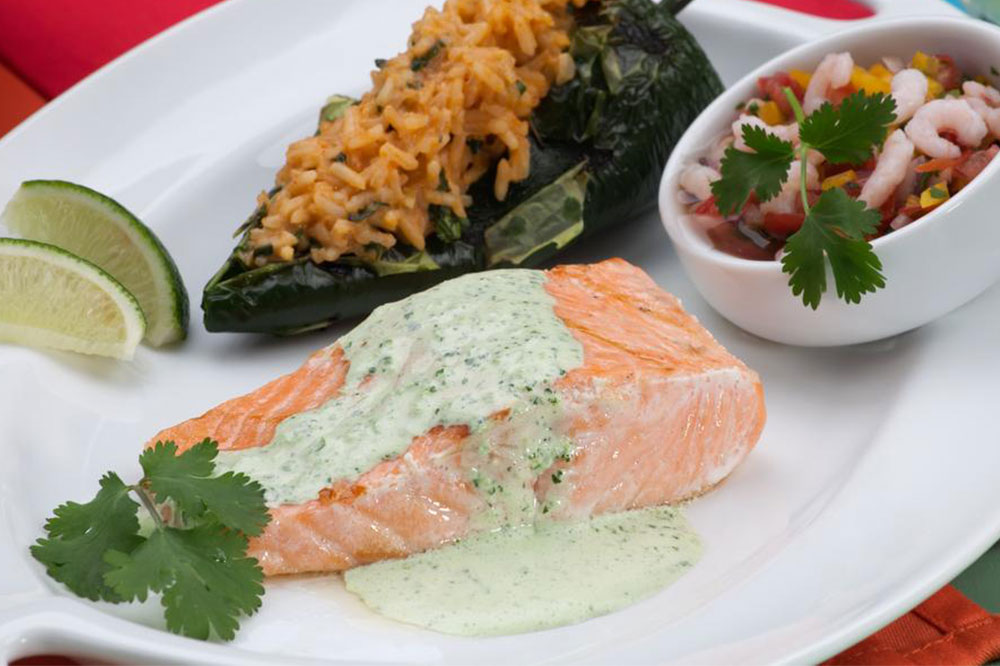
4 Safe Diabetic-Friendly Foods
Maintaining steady blood glucose levels is the goal when one has diabetes. Also, avoid other health complications like cardiovascular issues, nerve and kidney damages, cerebrovascular damages, retinopathy, and peripheral vascular disease that could arise from diabetes. This can be prevented by watching what foods one eats and how much they eat. In general, if a person is diabetic, low-carb, low sugar, high fiber, rich in fat, and protein diet are recommended.
Here are four foods safe for people with diabetes.
Dairy products
One should figure out the right kinds of dairy products they can have if they are diabetic. Dairy products contain calcium, potassium, and magnesium all three minerals that help with diabetes management and prevention.
Research shows daily servings of natural yogurt helps improve your gut bacteria. Probiotics in yogurt are connected to a healthy balance of blood glucose levels in the body and are proven to reduce the risk of Type-2 diabetes.
Milk products, in general, have a low glycemic index because the natural sugars and proteins in milk slow down the break up of carbohydrates and release energy steadily.
However, note that excess fat from a vast amount of dairy can interfere with insulin response in the body. So one can adjust their dairy needs as per particular health conditions.
Dairy products from grass-fed cows, semi-skimmed milk, low-fat cheese, and Greek yogurt are some possible options for diabetes.
Vegetables
Low in calories, but nutrient-dense providing ample Vitamin A, B, C, and K, iron, fiber, lycopene, and prebiotic fibers, the vegetables mentioned here do more than control glucose.
They also support the heart, prevent many types of cancers, regulate cholesterol, provide hydration and immunity, promote eye and bone health, and help with blood clotting.
So, apart from maintaining steady blood glucose levels, vegetables are foods that also help prevent other complications that could arise because of diabetes.
One should have plenty of zucchini, turnip, tomato, lettuce, cucumber, spinach, peppers, peas, onion, mushroom, asparagus, kale, bitter gourd, celery, bok choy, pumpkin, sweet potato, carrots, broccoli, sprouts, cauliflower, and green beans in their diet. One should ideally have at least three servings of vegetables every day.
Fruits
Fruits are an ideal way to both satisfy hunger and meet the body’s daily nutritional requirements.
Fruits, especially those with the skin or pulp intact, are rich in soluble fiber that helps control blood sugar levels.
Containing generous amounts of Vitamin A, C, fiber, folate, antioxidants, and potassium, and being low in carbohydrate and GI content are fruits like kiwi, pear, apple, apricot, peach, berries, starfruit, figs, guava, orange, cherries, and plums.
Low GI foods are absorbed slowly by the body, and hence blood glucose levels are not hiked brusquely.
Fruit that is dried and processed into jams, sauces, or juices can increase blood glucose, and hence must be avoided. Fresh and frozen fruits are better options if one is diabetic.
Seeds and nuts
If you want to keep diabetes away, an assortment of seeds can do the job for you. Choose from almonds, walnuts, pistachios, pumpkin seeds, flax, and chia seeds.
Just 4-5 handfuls of nuts and seeds per week can reduce your risk of heart disease. It also has a positive effect on oxidative stress in cells, causes weight loss, reduces fasting and post-meal insulin levels, and is beneficial for diabetics.
You could dry roast the nuts or eat them raw. Just pop them and chew as is, or add to soups, salads, oatmeal, yogurt, stir-fries, smoothies, baked foods, or porridge.
Since nuts and seeds are high-fat sources of nutrition, one should have them in moderation, and avoid the salted or sweetened varieties.


